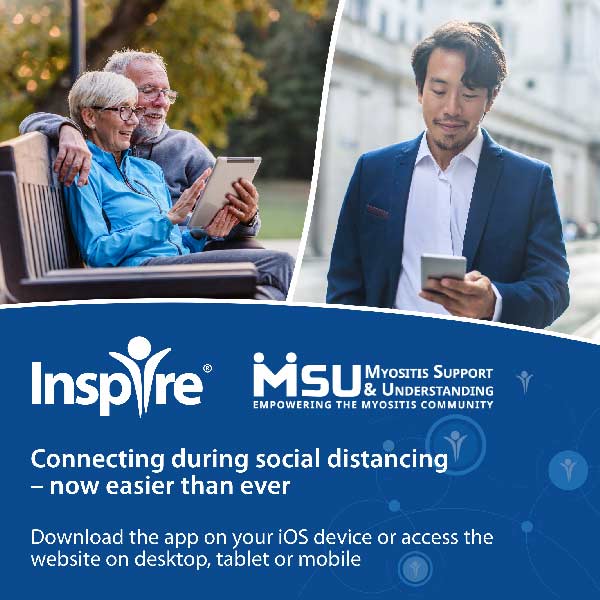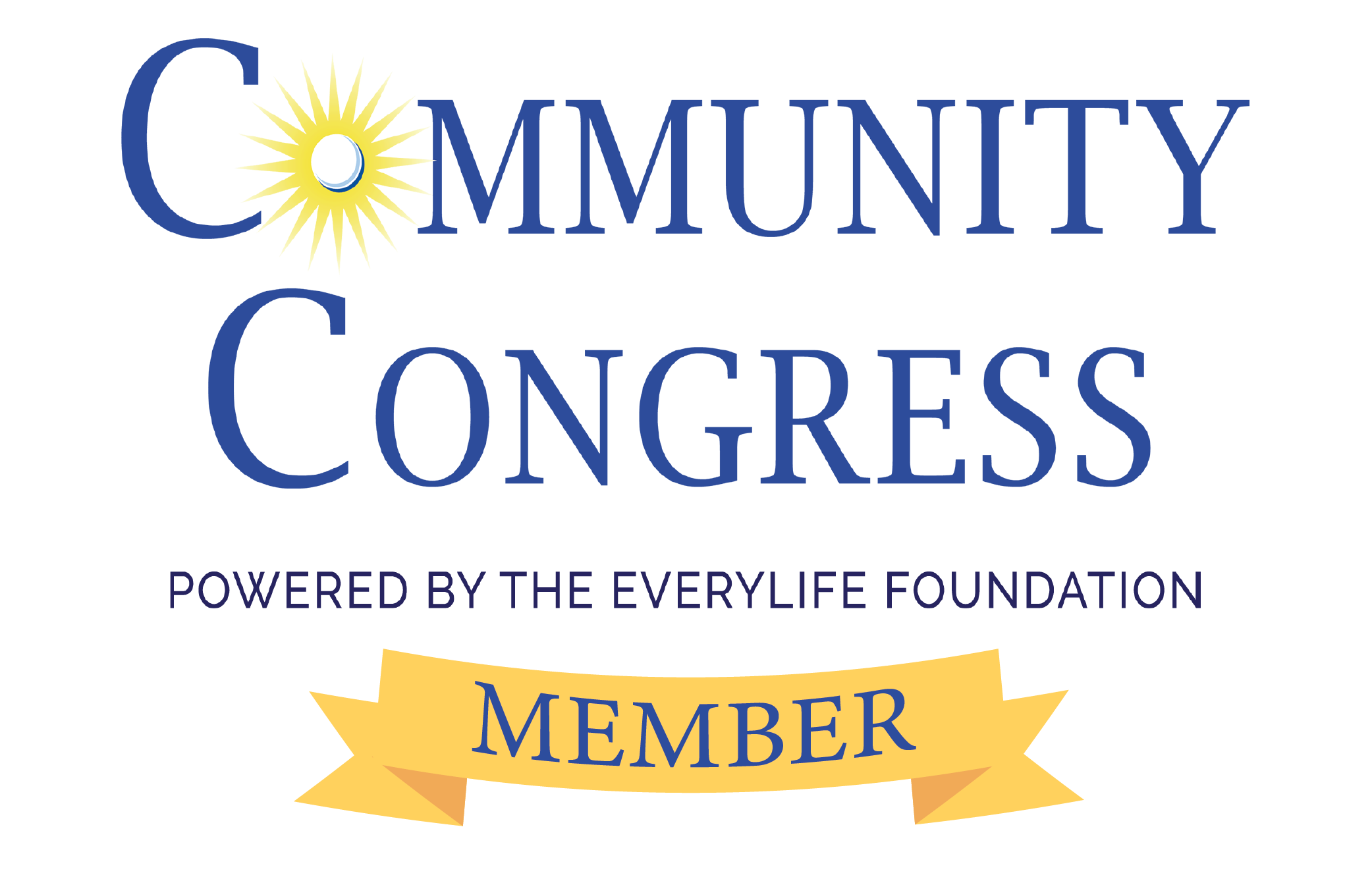“Our visually-oriented society may not take the time to look beyond appearances. People tend to believe what they see; and if it can’t be seen, it simply doesn’t exist.” Lisa Lorden, Fibromyalgia
How many times have you heard comments such as:
“You don’t look sick”
“You’re not trying hard enough ”
“Are you still sick?”
“You should exercise”
“You look so good! You can’t be as bad as you say.”
“You’re spending too much time thinking about how you feel. You need to get out more.”
“You think you have fatigue? Try working full time plus having four children! Then you’ll know what chronic fatigue is.”
It is common for people to make judgments based on appearances. For people with invisible disabilities, this rush to judgment is a real disservice because outward appearance has nothing to do with pain level, fatigue or physical limitations. People who use assistive devices such as a cane are easily considered disabled, however, someone who uses a cane may be able to walk a mile and climb a mountain, yet someone who appears “well” on the outside cannot climb stairs or walk more than a few minutes.
It is estimated that approximately 10% of Americans have an invisible disability and only 2% use a wheelchair, cane, crutches or walker.
There are thousands of illnesses, disorders, diseases, dysfunctions, birth defects, impairments and injuries that can be invisible but debilitating. Many diseases are classified as invisible, some examples are: Myositis, Asthma, HIV, Chronic Pain, Depression, Fibromyalgia, Lupus, Multiple Sclerosis, Rheumatoid Arthritis, Sjogrens Syndrome, Crohn’s Disease, Cystic Fibrosis, Reflex Sympathetic Dystrophy, Lyme Disease, Traumatic Brain Injury and the list goes on and on.
Many of these invisible illnesses cause debilitating pain, fatigue, weakness, dizziness and/or cognitive impairments that keep people from being able to function at a normal level.
Myositis causes many invisible symptoms such as difficulty walking on uneven surfaces, standing from a seated position, climbing stairs, getting out of or turning in bed, dressing; styling their hair, breathing and swallowing. Just accomplishing normal daily chores such as a shower becomes difficult or impossible and it takes very little to bring on debilitating fatigue.
Some with disabilities are able to work full or part time, but struggle to get through their day, with little or no energy for other things. Others are unable to maintain gainful or substantial employment due to their disability but have trouble with daily living activities and/or need assistance with their care.
STRAINED RELATIONSHIPS
According to F. Marcus Brown III, PhD, a psychologist and speaker who worked with people with chronic conditions, “Diffuse pain and ‘invisible’ limitations interfere with relationships, impact family members, limit the completions of daily tasks, and can lead to financial ruin.”
It is especially concerning when members of the sufferer’s own support group doubt the extent of the disability, which can cause great strains on relationships, especially at a time when support is crucial. Judgments and accusations commonly faced by people with invisible disabilities compounds the frustration of having the illness:
- Being lazy or unmotivated. (They must not want to work)
- Not doing what their doctor is telling them to do. Otherwise, wouldn’t they just take some medicine and get better.
- Not trying hard enough or just haven’t looked enough to find the right doctor.
- Over-exaggerating their situation.
- Faking the disability to get disability payments.
It is isolating to realize that friends and family members doubt the validity of the disability. What these doubters need to understand is that the person who is ill is:
- Mourning the loss of ability and freedom.
- Spending countless hours researching, trying different medications and going from doctor to doctor in hopes of finding a solution.
- Is no longer able to do what they love to do, but also has to battle for their loved one’s belief, respect and understanding.
- Is often coping with a myriad of side effects from medications used to treat their disorder.
COPING TOOLS
Huffington Post* recently provided five tools to help let go of some of the frustrations of being judged because of invisible disability:
Let go of expectations:
Surrendering over expectations of others may be a life-long process, but if you have high expectations you will consistently find that people will always disappoint you. No one is perfect, including you! Remember that you may not understand the difficulties that your friends are going through, whether it’s a divorce, the death of a loved one, a loss job, an ill child, etc. Your illness is significant in your life. Even when people care, they still will have significant things going on in their own lives. When they don’t meet your expectations it is rarely intentional.
Find supportive friends:
Is there someone in your circle of friendship who is constantly belittling you or suspicious about your illness? Is he beyond listening and instead spreading gossip about how he saw you at the grocery last week and you looked perfectly fine? This should be a relationship to let go of. If it is someone like a relative that you will still see occasionally, distance yourself as much as possible. Illness can help us easily prioritize our friendships; that way we can spend our limited energies with those that mean the most to us.
Search for the joy in your blessings:
Instead of dwelling on thinking about how badly you feel, find ways to bring more joy into your life, even if it’s just appreciating the small things. Explore what makes you happy and what you are doing when your natural adrenaline seems to take over some of the fatigue, and you have extra energy. That’s likely where your passions are!
Focus on bringing more of this into your life. And don’t let your limitations stop you. For example, maybe you once loved to garden. Now you could grow a few potted flowers or hire a neighborhood teenager to plant some vegetables and set up an automatic sprinkler system for them. You could even start a garden consulting business. Think beyond what you once did, but find ways to replicate the things you love in new ways.
Use your talents and skills for things you care about:
If you’re no longer able to work because of your illness, you may feel like your skills are going to waste. Maybe you’ve always wanted to write children’s books or be a business consultant. Find a place to plug in and do some volunteer or part-time work to be able to use these skills in an area where you feel passionate. Instead of focusing on what others aren’t providing you with that you want so much, follow your dreams and give that gift to yourself.
Encourage someone else:
You personally know how hard it is to live with illness and to feel like no one understands. So take time to be vulnerable with someone else who is going through this. Whether you meet someone through an online group, or through a local support group, volunteer your time and expertise and use it to make someone else’s journey easier. You will find your own journey more enjoyable too.
If you have Myositis, remember that we, Myositis Support and Understanding, have a closed Facebook support group available for you. You can find links to our groups on the Resources page of our website.
What coping tools have helped you overcome inaccurate judgments to an invisible disability?
*Source for coping tools: http://www.huffingtonpost.com/lisa-copen/living-with-invisible-illness_b_937234.html
Tags: invisible Disabilities









